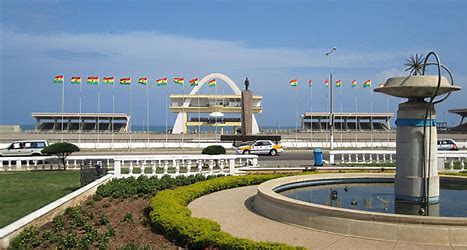The history of Egypt began with the emergence of settlements and city states centered around the Fayoum region, dating back over 7400 years. 5150 years ago (around 3150 BC), the unification of North and South Egypt was completed, and the world’s first unified country was established. It went through 30 dynasties, including the Early Kingdom, Old Kingdom, Middle Kingdom, New Kingdom, and Later Dynasty periods. In 525 BC, Egypt became a province of the Persian Empire. Over the next thousand years, Egypt was successively conquered by the Kingdom of Macedonia and the Roman Empire. In 641 AD, the Arabs invaded and Egypt gradually became Islamized. In 1517, it became a province of the Ottoman Empire. After the British occupation in 1882, it became a British protectorate. On February 28, 1922, Britain declared Egypt an independent country, but retained the right to handle issues related to defense, diplomacy, and ethnic minorities. On July 23, 1952, the Nasser regime overthrew the Farouk dynasty and declared the establishment of the Republic of Egypt on June 18, 1953. In February 1958, it merged with Syria to establish the United Arab Republic. In 1961, Syria withdrew from the Arab League. On September 1, 1971, it was changed to the current name of the country. [1]
Egypt is one of the ancient countries in the world, with a long and rich history and culture, vast and profound, and colorful. Its national identity since ancient times has been based on culture, occupying an important position in the world cultural system. Its geographical location, culture, and economy also have their own characteristics. Traditional art forms include poetry, sculpture, painting, etc. The ancient Egyptian civilization had a huge impact on later civilizations such as ancient Greece, Rome, and Judea.
